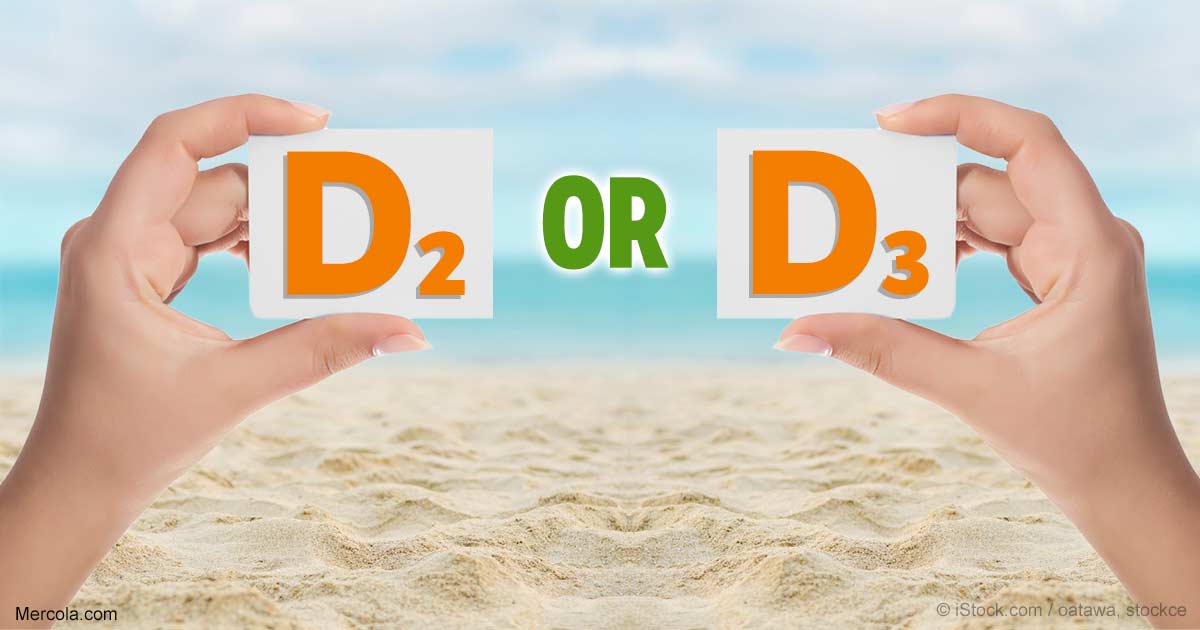What Is the Difference Between Vitamin D3 and D2?
What Is the Difference Between Vitamin D3 and D2? | Benefits, Sources & Which One Is Better?
When it comes to supporting bone health, enhancing immunity, and improving mood, Vitamin D is one of the most vital nutrients. But if you’ve ever browsed through supplements, you might’ve noticed there are two common types: Vitamin D2 (ergocalciferol) and Vitamin D3 (cholecalciferol). While they serve a similar function in the body, they differ in potency, source, absorption, and long-term benefits.
Vitamin D3
This article dives deep into the difference between Vitamin D2 and Vitamin D3, compares their effectiveness, and explores which form may be best for your health.
Understanding Vitamin D: A Quick Overview
Vitamin D is a fat-soluble vitamin essential for calcium absorption, bone strength, immune system support, and mood regulation. Unlike many other vitamins, Vitamin D functions more like a hormone, with receptors in nearly every cell in your body.
The body produces Vitamin D naturally when exposed to sunlight, but due to limited sun exposure, especially in colder climates, many people rely on dietary sources and supplements.
The Core Difference: D2 vs. D3
What is Vitamin D2?
Vitamin D2 (ergocalciferol) is derived mainly from plant sources and fungi, particularly mushrooms exposed to ultraviolet (UV) light. It’s the form commonly used in fortified foods like breakfast cereals, dairy alternatives, and some multivitamins.
What is Vitamin D3?
Vitamin D3 (cholecalciferol) is naturally produced in human skin in response to sunlight (UVB rays). It’s also found in animal-based sources such as fatty fish (like salmon and mackerel), egg yolks, and liver. D3 is also available as a supplement, including vegan D3 made from lichen.
Which Is More Effective—Vitamin D2 or D3?
Several scientific studies have shown that Vitamin D3 is more effective than D2 at raising and maintaining overall vitamin D levels in the blood. Here’s why:
- Higher Bioavailability: D3 is absorbed more efficiently by the body.
- Longer Half-Life: D3 stays in the bloodstream longer than D2, making it more effective over time.
- Greater Potency: D3 has been shown to increase and sustain serum 25(OH)D levels better than D2.
For those looking to maintain healthy vitamin D levels year-round, especially during the winter months, Vitamin D3 supplements are generally preferred.
Dietary Sources of Vitamin D2 and D3
Natural Food Sources of Vitamin D2:
- UV-exposed mushrooms (e.g., maitake and portobello)
- Fortified plant milks (almond, soy, oat)
- Fortified cereals and juices
Natural Food Sources of Vitamin D3:
- Fatty fish (salmon, tuna, sardines)
- Cod liver oil
- Egg yolks
- Liver
- Fortified dairy products
For individuals on a vegan or vegetarian diet, VitaminD2 may seem like the only option, but vegan-friendly lichen-based D3 supplements are now widely available.
Health Benefits of Vitamin D3 vs. D2
Both forms of Vitamin D offer several health benefits, but due to the superior bioavailability of D3, these benefits may be more pronounced with D3 supplementation.
Shared Benefits:
- Improves calcium and phosphorus absorption
- Strengthens bones and reduces the risk of osteoporosis
- Supports immune health and helps the body fight infections
- May boost mood and help prevent seasonal affective disorder (SAD)
D3-Specific Benefits:
- Better maintenance of blood levels, leading to more consistent health benefits
- More efficient at preventing vitamin D deficiency symptoms like fatigue, bone pain, and muscle weakness
Choosing the Right Supplement: D3 or D2?
When selecting a vitamin D supplement, consider your diet, health goals, and whether you have any dietary restrictions:
- For omnivores, Vitamin D3 from animal sources or lanolin is typically the most effective.
- For vegans: Opt for vegan D3 from lichen, which provides the same benefits as animal-based D3.
- For vegetarians: Vitamin D2 is plant-based but less effective than D3.
Also, look for supplements that include vitamin K2, which works synergistically with vitamin D3 to ensure calcium is absorbed in the right areas (like bones and teeth) and not in soft tissues.
Who Might Need Extra Vitamin D?
Certain groups are more likely to benefit from vitamin D supplementation due to limited sun exposure or absorption issues:
- Older adults
- Individuals with darker skin
- People living in northern latitudes
- Those who wear full-body coverings or use sunscreen extensively
- Individuals with conditions like celiac disease, Crohn’s disease, or obesity
A simple blood test measuring 25-hydroxyvitamin D can determine your current levels and help tailor your supplement dosage.
Final Thoughts: D3 Wins the Comparison
To summarize, while both Vitamin D2 and D3 can help you maintain adequate vitamin D levels, Vitamin D3 is the superior choice in terms of effectiveness, bioavailability, and duration of action. Whether you’re taking it for bone strength, immune defense, or mood regulation, D3 is your best bet—especially if you’re prone to deficiency.
However, Vitamin D2 still plays a role for individuals on strict plant-based diets. Thanks to advancements in supplementation, vegan-friendly D3 options are now easily accessible, ensuring that everyone can benefit from optimal vitamin D levels.
- What is the difference between vitamin D3 and D2
- Benefits of vitamin D3 vs D2
- Is vitamin d3 better than d2
- Vegan vitamin D3 supplements
- Plant-based vitamin D sources
- Which vitamin D is best for the immune system
- Vitamin d2 and d3 absorption rates
- How to choose the best vitamin D supplement
- Difference between ergocalciferol and cholecalciferol
- Vitamin D3 dosage for deficiency recovery
- Best vegan-friendly vitamin D3 for winter
- Vitamin D2 vs D3 for bone health
- Food sources of vitamin D3 and D2
- How vitamin D supports immune function
- Bioavailability of vitamin D3 compared to D2




